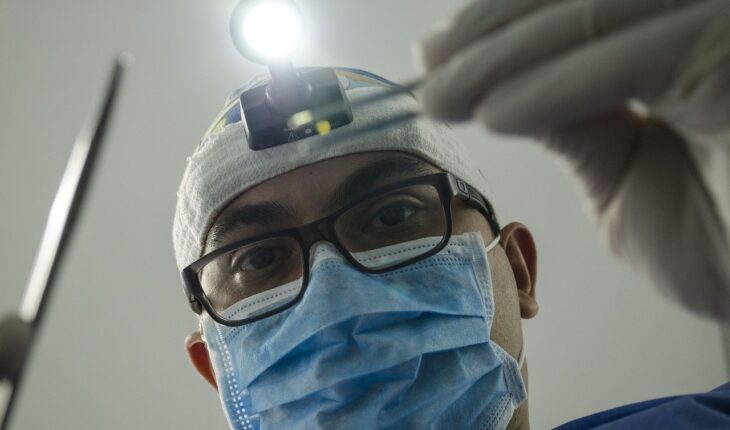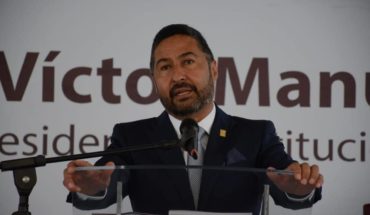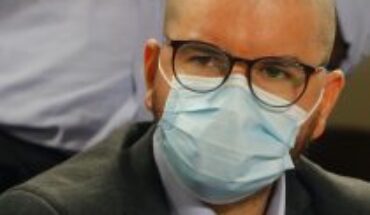The General Health Council will conduct for the first time a national census of patients with rare diseases to build a public national registry.
This census will be collected virtually through page www.csg.gob.mx and will be applied from October 1 to January 15, 2022.
For registration, participants only need to have their Unique Population Registration Code (CURP), and data on the disease they suffer.
Read: Rare diseases, a condition with which 5.5 million Mexicans live
Rare diseases are those that have a low incidence, that is, there are few cases in a year, and low prevalence -few people suffer from them- of no more than five registries per 10 thousand inhabitants, according to article 224 of the General Health Law.
Rare diseases, of unknown origin and little scientific evidence for diagnosis and treatment, have in common the danger of death or chronic disability, because they are often confused or associated with other more well-known conditions.
Most have genetic causes; however, 20% corresponds to immunodeficiencies, autoimmune diseases and infections. Due to the degree of complexity, many of the patients are diagnosed up to five years and, in one in five cases, after 10 or more years.
On June 14, 2018, the Commission for the Analysis, Evaluation, Registration and Monitoring of Rare Diseases released the latest official list where it states that 20 rare diseases have been documented.
This commission was created in 2017 and is currently composed of the heads of the Health Institute for Welfare (Insabi) and the Federal Commission for the Protection against Health Risks (Cofepris), as representatives of the Ministry of Health.
The Secretariats of National Defense (Sedena) and Navy (Semar) also participate, as well as the Mexican Social Security Institute (IMSS); Institute of Security and Social Services of State Workers (Issste) and Petróleos Mexicanos (Pemex), and as permanent guests: the Undersecretariat of Prevention and Health Promotion and the Coordinating Commission of National Institutes of Health and High Specialty Hospitals (CCINSHAE), among others.
What we do at Animal Político requires professional journalists, teamwork, dialogue with readers and something very important: independence. You can help us keep going. Be part of the team.
Subscribe to Animal Político, receive benefits and support free journalism.#YoSoyAnimal





